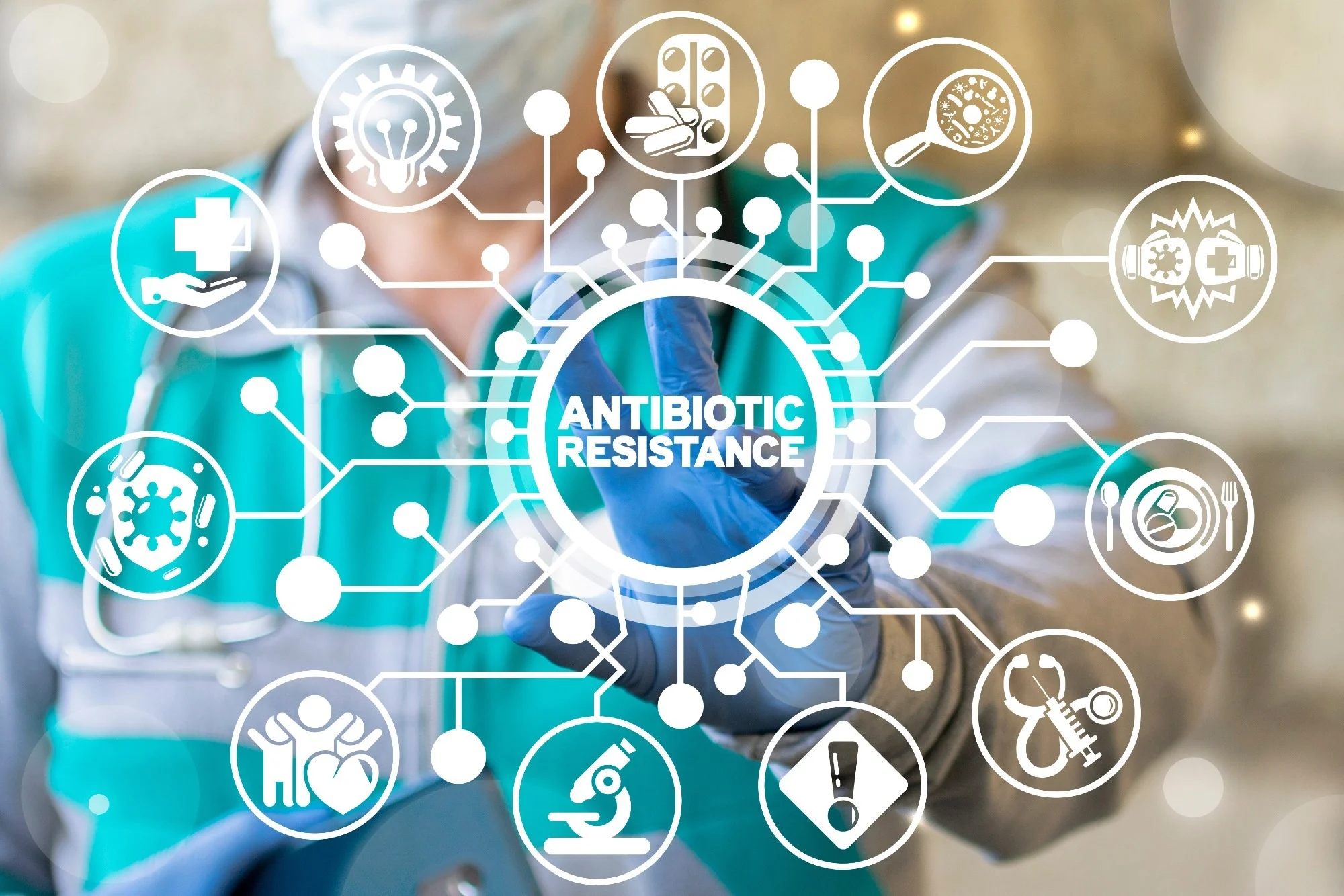
Course Overview
Antimicrobial Resistance (AMR) is a critical global challenge impacting public health, agriculture, and environmental systems. This course is designed to provide an in-depth understanding of the causes, mechanisms, and consequences of AMR, equipping students with the knowledge and skills needed to address this growing threat. Through a multidisciplinary approach, the program explores the evolution of resistance, diagnostic techniques, policy implications, and strategies to mitigate its spread. Students will engage with real-world case studies, cutting-edge research, and innovative solutions to combat AMR on a local and global scale.
Ideal for professionals in healthcare, research, agriculture, and policy-making, this course offers the tools to develop effective strategies to manage resistance, foster awareness, and contribute to sustainable solutions. Join this program to become a part of the global movement working to combat antimicrobial resistance and safeguard future generations.
what you will learn
Students enrolled in the Antimicrobial Resistance (AMR) course will gain:
- ✅ Understanding of AMR Mechanisms: Explore the biological and chemical processes that lead to antimicrobial resistance.
- ✅ Global Health Implications: Learn how AMR impacts public health, agriculture, and the environment worldwide.
- ✅ Surveillance & Diagnostics: Gain proficiency in tools and techniques to monitor and identify antimicrobial resistance.
- ✅ Policy and Regulation: Understand the role of policies and international collaboration in managing AMR.
- ✅ Antibiotic Stewardship: Learn strategies for the responsible use of antibiotics in healthcare and agriculture.
- ✅ Research and Innovation: Dive into cutting-edge research and technologies aimed at combating AMR.
- ✅ Case Study Analysis: Analyze real-world examples to understand challenges and develop practical solutions.
- ✅ Communication & Advocacy: Develop skills to raise awareness and advocate for effective AMR policies and practices.
Empower yourself to take action in addressing one of the most pressing health challenges of our time!
